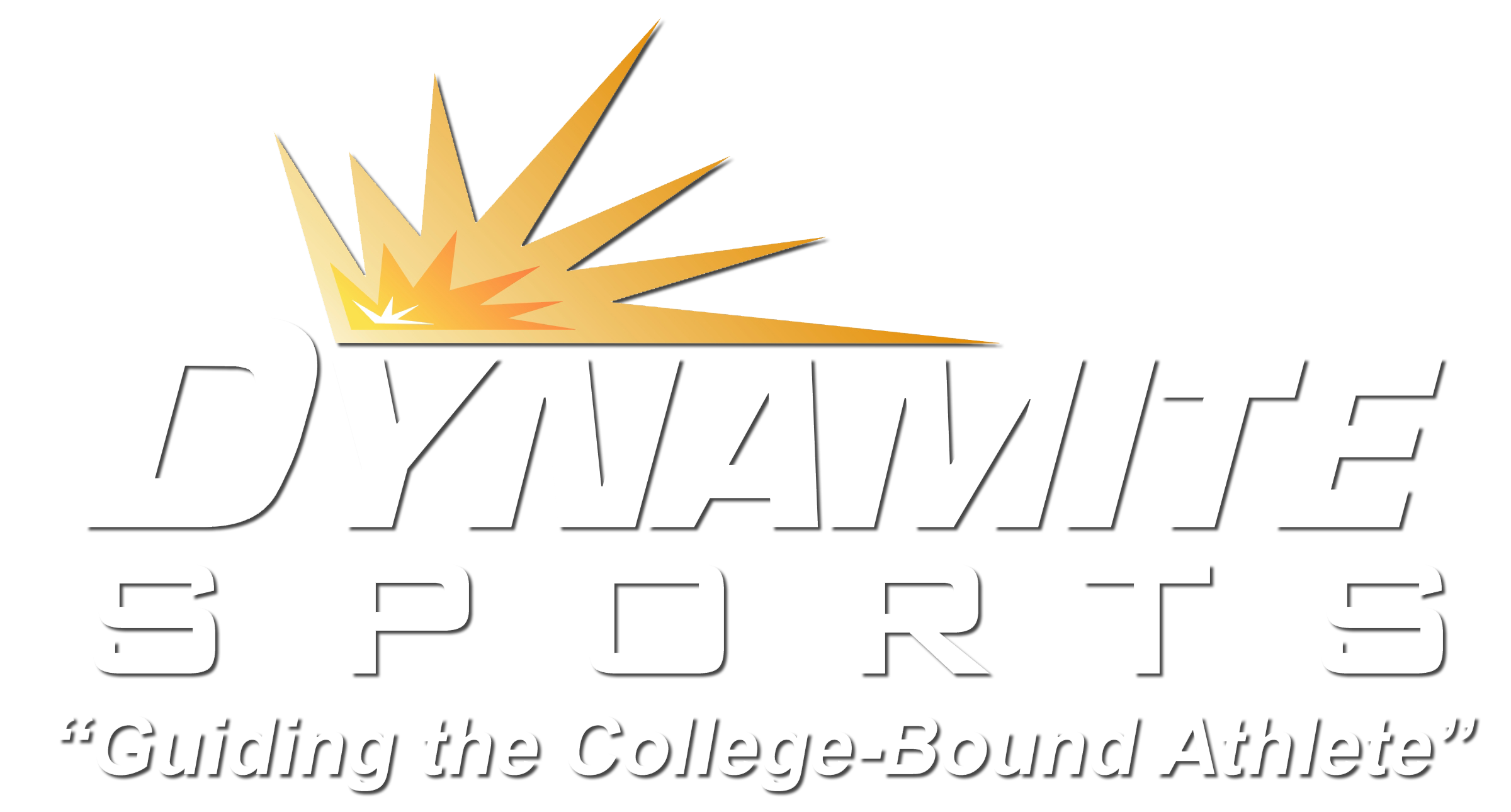Here are a few suggestions about how your current coaches can assist you in the college recruiting process.
- Ask him/her to write, email or call college coaches directly where they think it will help to bring you to the attention of the college coaches. College coaches watch many games per year, and numerous more via video. Many times, there are numerous other kids playing in any particular game that the college coach would like to have evaluated while they are watching. So your coaches’ calls do assist in this process at least in terms of making sure they are aware of you as a player. If the schools are local, ask your coach to invite the college coaches to stop by and catch one of your games, matches, or meets during an evaluation period as designated by NCAA rules.
- Ask your coach to have complete game films recorded and prepared to deliver in an electronic format at a moments notice. For a college coach, it is very discouraging and frustrating to have to wait 2-3 weeks, sometimes more, before they can evaluate a player. These videos should be of complete games, un-edited, and please make sure to identify your name, number, uniform color and position. Highlight films are great, but the responsibility for creating a highlight tape should rest on your shoulders not your coaches. Ask your coach to assist you by providing game film and possibly the use of the equipment to make your own. They don’t need to be professionally done, although the easier it is to spot you on film, the better. Also, if possible, ask your coach to provide game and season stats. Season stats, if listed game by game, show consistency of performance which is important, or demonstrates season-long improvement for late blooming players.
- Ask your coach about which summer camps you should attend, and use their contacts to find quality camps. Hundreds of college coaches visit these camps during evaluation periods and these are great opportunities for these coaches and for you as a player to get a true assessment of where you “rank” in terms of ability. If you are not a “blue-chipper”, then see to it that you attend the camps of potential small colleges in your region that down the road might be a good home for you. Familiarity can be an advantage when two players are about the same skill level.
- Respect the college coaches’ evaluation of your ability as communicated to you by your coach. If they say you aren’t a major, but instead a mid-major or small college prospect, understand that they have generally been at these levels and understand the skills and athletic ability required to compete at each level. A college coaches’ assessment can many times be wrong. There are cases where an “unknown” has surprised everyone, but in general these coaches are pretty honest about your abilities. Remember, you don’t always know who else a college is recruiting. Even if you’re a legitimate candidate for that level, they may already be recruiting an exceptional recruit from another state. Use the minimum standards provided in the earlier sessions to help assess your talent.
- Ask your coach for help in gaining a realistic perception of your abilities. Also, ask them to help you figure out what position you project to in college, and then ask them to give you some playing time at your projected position. High school coaches are often forced to play their athlete’s at the best position for the team. This may or may not be the position you project to in college, which could hinder your ability to be properly evaluated. A player who can plug right into a college system may be a better prospect than a player who might be a 2 year project. If you must play out of position for your team’s immediate success, that is understandable. But ask your coach to give you the opportunity to play that “prospective” position in games which are already decided or in mismatch games, and be sure to get it on video.
- Ask your coach to be persistent as your best salesman without being subjective. Remember, what may be a poor fit for one program may be a good fit for another, even at the same level.
- Ask your coach to help you find a program with a style well-suited to your skills and abilities.
- Ask your coach to have official copies of your grades ready to distribute to coaches at a moments notice. While some coaches attempt to help players who are academically disadvantaged by “protecting their records” during the recruiting process, most recruiters will appreciate up front, honest coaches about exactly where their player stands regarding future eligibility. Ask them to have your records in order, available at a moments notice, and assist your “future college coaches” by having the full academic picture.
- Ask your coach to be familiar with the rules of recruiting and adhere to them. It makes everyone’s job easier and makes a statement about your coach’s respect for the game. If they are unaware of all that is involved in this process, tell them about this site.


Leave a Reply